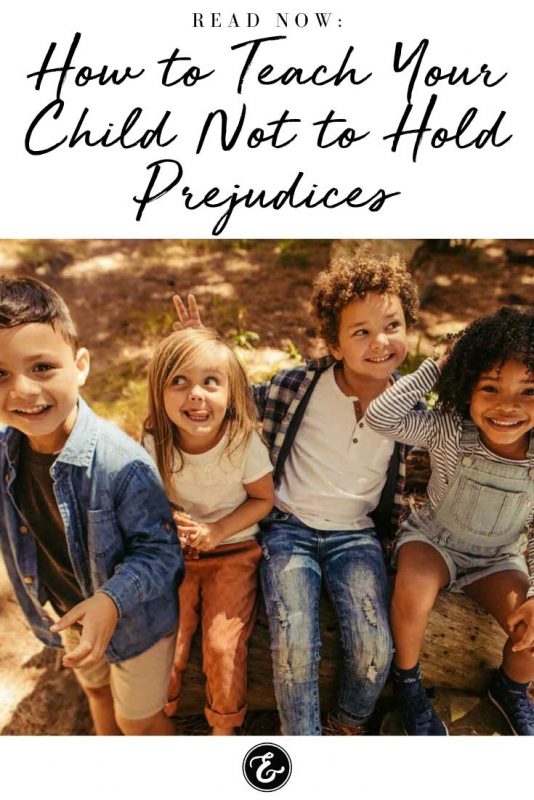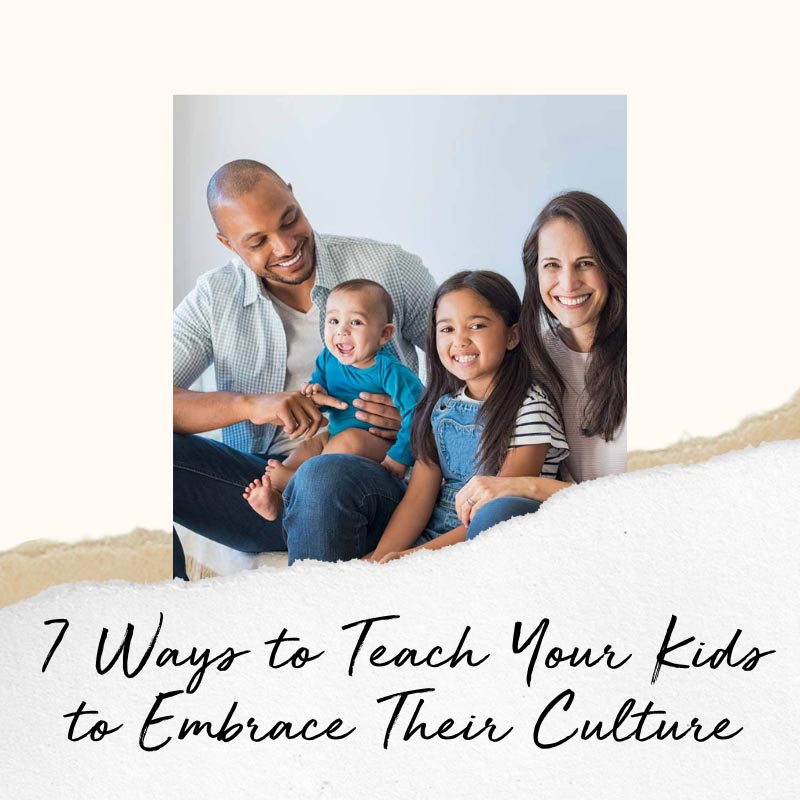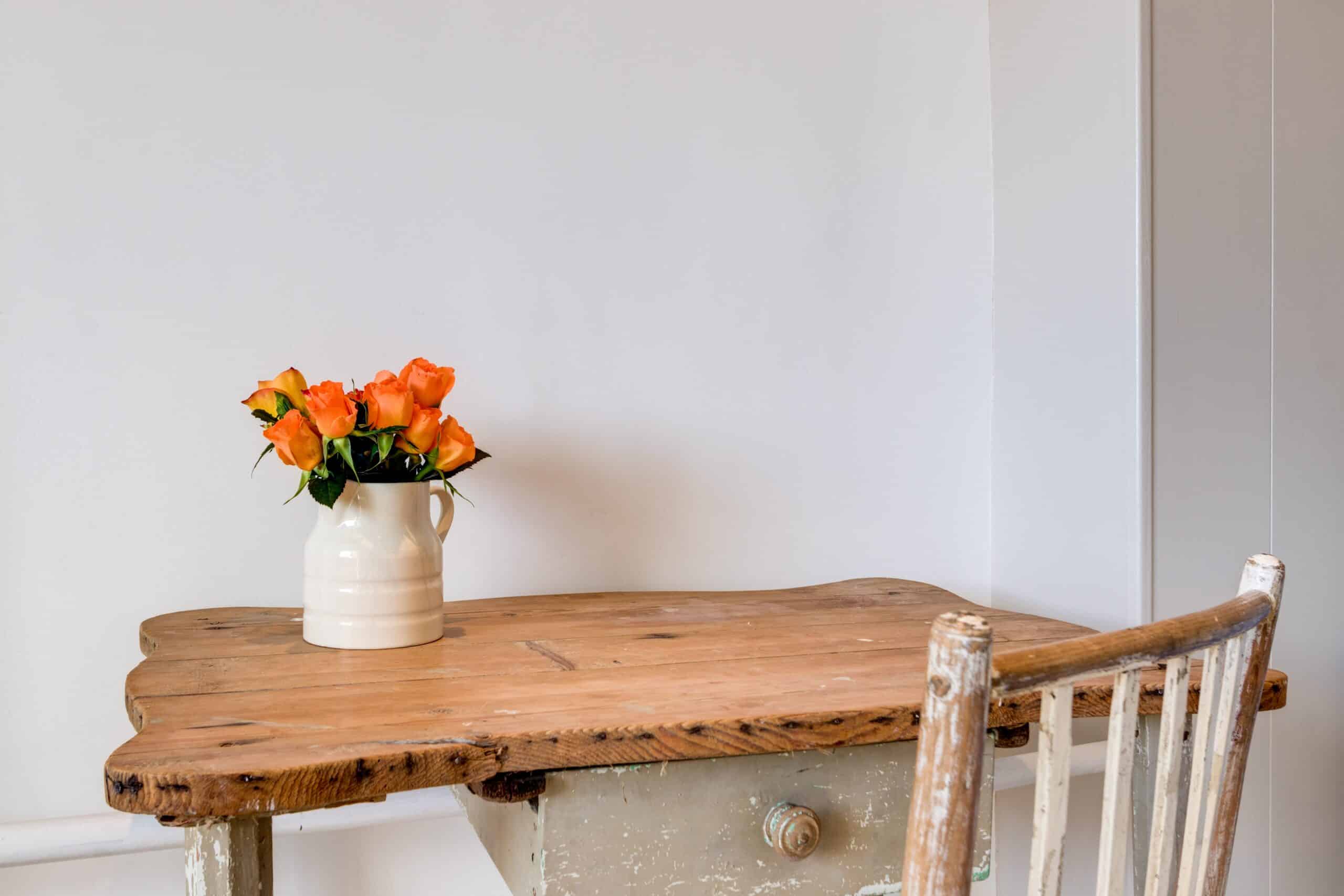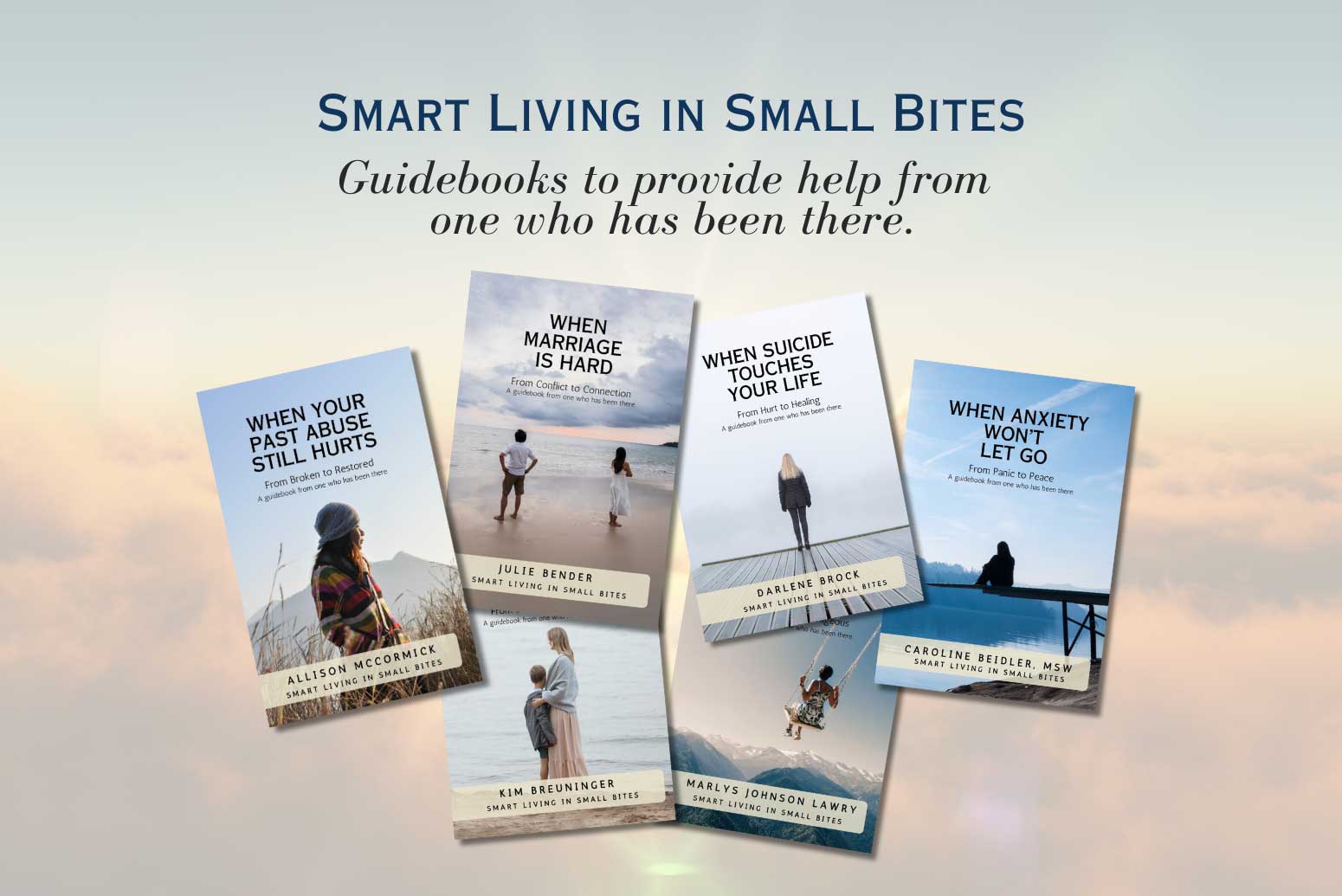“What are you?” my coworker asked. It was my first week on the job. I had been introduced to the office team a couple of days before as, “Torrie, our new office assistant. She will be working with Brad’s team.”
Everyone welcomed me warmly and helped me get acclimated to my new work space.
I didn’t need an explanation for her question. I knew what she was really asking. I’d heard this question my entire life. My pause gave way for her to ask the usual follow up question, “What are you? I mean like where are you from?”
“Ohio,” I answered. “I grew up in Ohio and moved here to Los Angeles a few years ago when my husband got transferred.” Her slightly annoyed facial expression clearly communicated that this too wasn’t the answer she was seeking. She shifted the file folders she was carrying to her left side as she stood in our open cubicle workspace. By now, her interrogation had gathered an audience in what they assumed was a casual conversation of “getting-to-know-the-new-girl.”
“Really?” she asked more as an accusation than a question, as though I couldn’t remember my own history. “But what are you?” she asked again. Ahhh, back to her original question and the source of her curiosity.
“I’m half Puerto Rican and half White,” I answered as I sat at my desk. My eyes watched her to see if I was right. In an instant, a smile emerged across her face. “I knew you weren’t White,” she said as she walked away, her curiosity finally satisfied.
Learning Who Someone Is, Rather than What They Are

Again, curiosity and questions have been hurled at me, not to me.
Again, inquiring minds only wished to know what I am, not who I am.
Again, it had all come down to which box did I check, which category could I be squeezed into.
My story isn’t an isolated one. Yet, regardless how many times I’ve had the same conversation with a new group of people, it never gets easier. For most people of color, the question, “what are you?” is not only a large part of their childhood and adolescents; it continues to follow them into adulthood and their workplaces.
Natural curiosity is understandable, and can be even greater when a person of color moves or lives in a less diverse community. Curiosity is a wonderful thing, a gift really when presented in the correct way. It can bring people together, create new pathways and engagement opportunities, build bridges where walls once stood, and cultivate understanding and empathy.
However, all progress, growth, and compassion cease when the conversation begins with questions surrounding what a person is, rather than who the person is.
Opening Pandora’s Box of Confusion and Hurt
When a person of color hears this question, a sea of emotion well up inside. First, they are instantly reminded that their skin and/or hair makes them different, singling them out. For some, this is something they celebrate. They love the opportunity to share their culture and traditions with others.
For other people of color, this is very painful because they have very little connection to their culture for many reasons: lack of exposure, broken family unit, adoption, and limited family history, just to name a few.
Secondly, when biracial (individuals whose parents are of two different ethnic origins) or mixed race (individuals whose parents ethnic origins are comprised of multiple ethnicities such as a female whose mom is from Korea and her dad is African American and Mexican), are posed with this question, it can be especially hard to process.
As a biracial woman myself, I have experienced the inner conflict of having to answer this question while wondering it myself. I’ve always known “what” I am. But accepting it, having any connection to my Puerto Rican culture, being able to answer subsequent questions like, “Then why don’t you speak Spanish?” can open a Pandora’s box of hurt and pain.
Many of these questions I can’t answer. Others are too personal to share among a group of people. Probing questions cause individuals to dive into deep-rooted family and internal issues they may be struggling to understand and accept themselves.
Imagine for a moment that you are meeting a new group of people, coworkers, small group, a group of moms at school. Right after you state your name, you are met with questions that dive into your family history, childhood trauma, or unresolved inner turmoil. How would you feel? What would your response be? That’s often what people of color experience in a new social environment.
Often, biracial and multiethnic individuals have been taught they either have to be only one piece of themselves (ie: choose a side). Other times, they’re told they are not enough to be accepted into any group.

For some this has been communicated from their peers, but for many it comes from within their own families and ethnic groups. They aren’t Black enough, White enough, Chinese enough, Mexican enough, and so on. This can be exacerbated when the individual has limited knowledge of their culture: doesn’t speak the language, know the recipes, or understand the traditions. For example, I explained I was half White. When my coworker responded, “I knew you weren’t White,” (probably from my brown skin and dark hair), I was again reminded (1) I was different (2) I wasn’t accepted and (3) I wasn’t enough.
Is There a Right Way to Ask Someone About Their Ethnicity?
Maya Angelou has a quote I love. She said, “Do the best you can until you know better. Then when you know better, do better.” I believe most individuals ask their questions from a place of genuine curiosity. They don’t intend to be hurtful, malicious or stir up painful memories. It honestly never crosses their minds.
Nonetheless, that is often the result.
So, how can you learn more about people who are different from you in a better way?
1. Begin a relationship.
Invite them to coffee or lunch where you can get to know one another better. Craft your questions around sincerely getting to know the person.
Keep it light. Start with pop culture, TV shows, hobbies, etc. By building a relationship, you’re creating a safe space where trust and vulnerability can grow and deeper conversation can occur.
2. Listen to their stories and experiences.
Ask questions like, “Tell me more about yourself.” Listen to what they share. If they choose to share about their culture, childhood or background,
then proceed with caution. Continue with something like, “That is so interesting! I’d love to hear more about how you grew up, your culture, your traditions, etc.” Don’t pry. These topics can be difficult and require a level of vulnerability and trust the person may not be comfortable with yet.
3. Be sensitive.
Pause for a moment. Put yourself in their shoes. Consider the impact your questions might have before you ask them. Would you be comfortable with someone asking about your background, family history or ethnic origins? Don’t ask questions you wouldn’t want to answer yourself. And don’t assume someone has a cultural connection based solely from their appearance.
Curiosity is a beautiful thing when expressed respectfully. However, if someone isn’t willing to get to know who I am, then I don’t need to explain what I am. As a person of color, I have to learn to set my own boundaries, to protect my own mental and emotional health. I love learning more about you. And I love sharing my story too. Let’s agree to do so respectfully, with care and empathy. In turn, we will find our walls are lower and our bridges are longer.
—
We’ve all been given a chance to reconnect with our community and rebuild relationships after the pandemic. Take this opportunity to get to know others better, taking the time to ask about them and respect their vulnerability as they share their lives:













